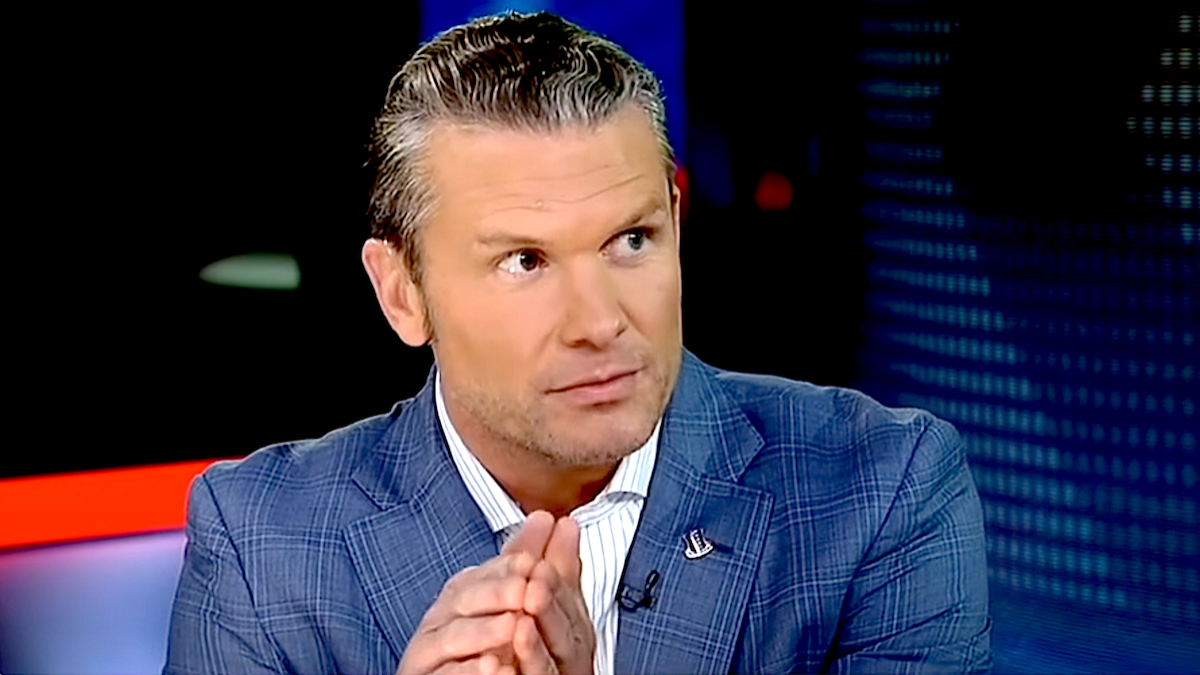
James Gunn, a critic of President Trump who directed Marvel’s Guardians of the Galaxy movies, was recently fired by Disney for tweets from 2008-09 that joked about subjects like rape and pedophilia. Brett Kavanaugh, a federal appellate judge, is Trump’s nominee to fill a vacancy on the U.S. Supreme Court.
What might these two men have in common? The most obvious answer is that both offer lessons on the benefit of having a clean paper trail. The more interesting answer is that both cases offer insight into how we think about the very concept of rules in our society.
When a progressive like Gunn gets fired for bad tweets, the Right generally divides into two groups. The first group tends to oppose social media mobs scalp-collecting on principle. This position seeks to live by the “old rules,” under which the world of work is a more separate and less politicized sphere.
The second group expresses regret over the dismissal, but concludes it is a necessary evil to make progressives live by the “new rules” they are establishing. This latter position basically adopts one of the “rules” from leftist organizer Saul Alinsky’s “Rules For Radicals”: “Make the enemy live up to its own book of rules.”
The problem with this second approach is that the Right generally does not consider what that “rule” means in the broader context of what Alinsky and the New New Left think about rules. Specifically, the Right tends to gloss over the extent to which progressives do not much care about the idea of rules.
Enter Kavanaugh. He is advertised as being from the school of judge as umpire, calling balls and strikes as cases come before him. This is exactly what progressives do not like about him, and those in the field of critical legal studies will go further to complain that law is simply a form of politics benefitting the privileged.
This attitude manifested in the Democrats’ opposition to Justice Neil Gorsuch. The attacks against him tended to focus on his failure to reach Democrats’ politically desired outcomes, regardless of whether Gorsuch had properly applied the relevant law to reach the decisions they did not like.
The progressive position, stated baldly, is a radical one but so long-asserted and sugar-coated that it no longer shocks. Progressives have been advancing the concept of the “living Constitution” since the days of Woodrow Wilson. Law professors have rationalized the New Deal transformation of the federal government’s enumerated powers as a “constitutional moment” that obviated the need for the pesky amendment process. They overtly argue that progressivism is incompatible with much of the Constitution, including the First Amendment, in part because our government is ostensibly devoted to rules of neutral application.
Progressives are getting comfortable with hostility to not only constitutional rights, but also the constitutional structure of our government. Did progressives lose a vote? We must abolish the Senate. Did progressives lose an election? We must abolish the Electoral College. Is divided government blocking the progressive agenda? We must adopt a parliamentary system.
A movement with so little regard for our supreme law cannot be expected to have any more regard for ordinary laws regarding subjects like immigration, health care, or the size of the Supreme Court. It certainly cannot be expected to grant much weight to the more informal rules and norms of bourgeois society. Indeed, a movement that has concluded America is based on plunder and perpetuating white supremacy cannot be expected to have much regard for it generally, and not much interest in the normal rules and compromises of the political process.
The segment of the Right persuaded by Alinsky that someone like Gunn losing a job will ultimately cause progressives to play by the “old rules” tend to miss this larger context. Alinsky’s demand that his enemies follow their own rules never had much to do with getting his targets to abandon some bad rule or double-standard. Rather, progressives tend to view the adherence to rules as a weakness to be exploited in advancing their agenda.
Put another way, the progressive left operates similarly to an apocryphal quote from Frank Herbert’s “Children of Dune”: “When I am weaker than you, I ask you for freedom because that is according to your principles; when I am stronger than you, I take away your freedom because that is according to my principles.” The only twist is that the latter “principles” are always evolving, requiring a culture of apologies and political reeducation.
Thus, the notion that the Left will be made to play by its rules is misguided at this basic level. The non-Left tends to understand our society, politics, and institutions as reflecting a system that operates by rules. Meanwhile, the Left is skipping merrily on to the next round of Calvinball. Any demand that they play by their rules rests upon an essentially false premise.
If the non-Left fails to fight for not only particular rules of civilized social interactions (e.g., against social mobs), but also the idea that rules matter, sooner or later society will abandon the idea that rules have value. And that is what the Left really wants in the long run.









